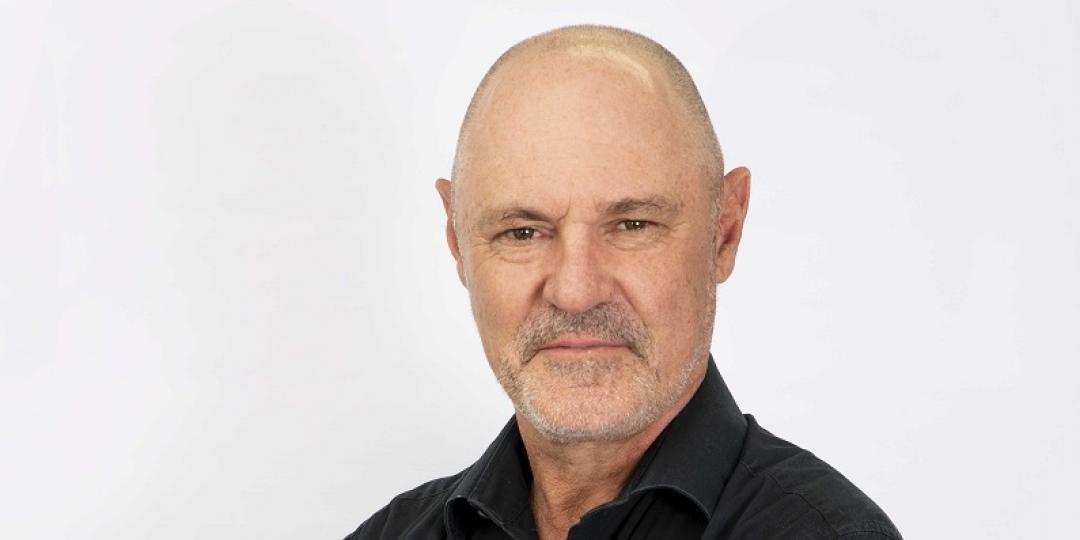As the tourism industry in Southern Africa reels from the latest devastating blow, tourism leaders have been quick to criticise the governments of the UK and other key source markets for their knee-jerk reactions to the discovery of the B.1.1.529 variant in South Africa, Botswana and Hong Kong by implementing harsh new travel restrictions and cancelling flights.
Late last night, the UK government announced that it had placed South Africa, along with several other Southern African countries – Botswana, Namibia, Lesotho, Eswatini, Zambia and Zimbabwe – on it controversial red list.
Several other countries have since implemented additional travel restrictions on travel to and from these countries.
President and Group Managing Director of the African Travel and Tourism Association (ATTA), Nigel Vere Nicoll, told Tourism Update that the announcement by the UK Government has come as “a complete hammer blow” to all of its members.
“Whilst the safety of all concerned must be considered, it is heart-breaking that our industry, which has been grappling to get back on its feet over the last 20 months, is once again facing catastrophic cancellations caused by this unexpected travel ban.”
He warned that the proposed “wait and see” approach, with no definitive timeline, would cast a shadow across all Africa’s tourism industry, causing invaluable emotional and economic damage.
“We will work closely with our members throughout the African continent to understand the full impact of these devastating restrictions. Clear and concise messaging is now required to prevent further damaging uncertainty. We must not yield to this new menace that threatens to shatter our livelihoods and will strive to retain confidence in Africa as the worlds’ most vibrant and diverse tourist destination,” said Verre Nicoll.
Call on UK to ‘reconsider’ decision
The Airlines Association of Southern Africa (AASA) has issued an urgent call to the UK government to reconsider “what appears to have been a hasty decision” given the paucity of detailed knowledge and information on the newly identified variant, its presence and the efficacy of vaccines in limiting its potential to cause serious illness.
“With its announcement, the UK is delivering a body-blow to our region’s travel and tourism sector. It puts businesses as well as tens of thousands of jobs and many more livelihoods at risk,” said AASA CEO, Aaron Munetsi.
“The business and leisure air travel industry in Southern Africa has only just begun to see green shoots emerge as governments have increasingly begun to relax and look to align and simplify their travel requirements and procedures. However, the UK’s unilateral step is a major set-back that sets a worrying precedent,” he added.
“It’s Groundhog Day for the South African travel industry. The new ban is a knee-jerk reaction of the UK government that puts airlines, hotels, travel businesses and travellers in a very difficult situation,” said CEO of outbound association, Otto de Vries.
“The world will unfortunately need to learn to live with COVID variants for the foreseeable future. While we await more clarity, there is currently no scientific evidence that the new variant is more resistant to the vaccine. COVID vaccines are in fact the most effective way to protect yourself against the virus, as they significantly reduce the risk of serious illness, long COVID and COVID transmissibility.”
SATSA CEO, David Frost said this punishes countries like South Africa with advanced genome sequencing capability for finding new variants.
“It is far too early to tell what the impact of this new variant will be. By imposing a blanked red list ban on several Southern African countries as a ‘precautionary’ measure, the UK sends a signal to the world that they don’t believe that their vaccination programme will effectively deal with the variant when we have seen that COVID-19 vaccines have performed their role to reduce the severity of hospitalisation and death from the virus,” he said.
The scientists weigh in
Infectious disease expert Professor Marc Mendelson said there was nothing to indicate at this stage that the protection COVID-19 vaccines offer will change in the face of the latest variant. “COVID-19 vaccines have proven themselves extremely robust against all SARS-CoV-2 variants to date.”
“We need to come to accept that breakthrough infections will remain with the first-generation vaccines. The sooner we come to accept it, the quicker we can recalibrate how to move forward,” said Shabir Madhi is Dean of the Faculty of Health Sciences and Professor of Vaccinology.
Madhi adds: “Vaccines are primarily about preventing severe disease and need to ensure we do what it takes to gain the most benefit from it by using it primarily for that purpose. In the case of B1.1.529, we should learn from what transpired with Beta, which also showed resistance to vaccine-induced antibody, which was associated with no protection against mild Covid for the AstraZeneca vaccine. Nevertheless, the vaccine still conferred high protection against severe Covid due to Beta/Gamma in a Canadian study.”
Minister to work with policy makers
Minister of Tourism, Lindiwe Sisulu, has indicated that South Africa will continue working with policy makers in the UK, Japan, Israel and European Union to ensure that the “best possible interventions are put in place”.
“We remain open for business and tourism travel and we appreciate the continued support from various partners across the world and are confident that through the tourism recovery plan in place, we will reignite demand and once more be tourism strong,” she said.
She commended the South African scientists on their diligence and all the work they have done. “I remain confident that all measures will be put in place to mitigate the spread of the virus,” Sisulu emphasised.






















